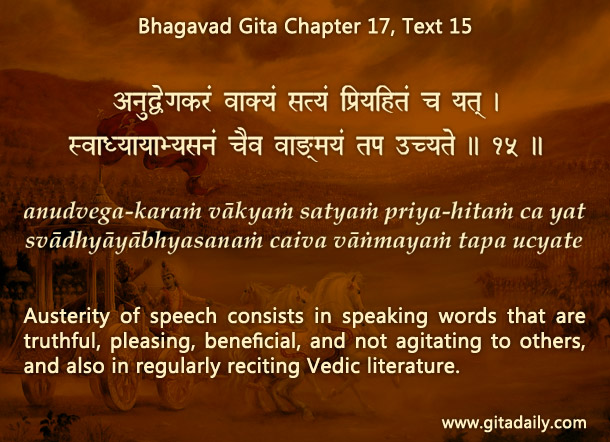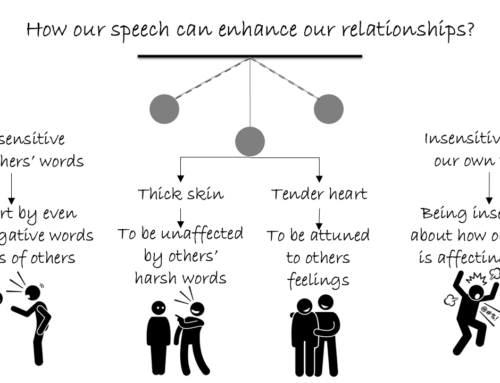How to speak an unpalatable truth? – Truth is unpalatable — we may quote this saying while speaking to others some truth that is likely to hurt them.
Yes, we all are finite and fallible beings. That means others may commit some mistakes for which we may need to correct them, and they may not like to be corrected. Conversely, we may commit some mistakes for which others may need to correct us, and we too may not like to be corrected. Given that we all will have to engage in such unpleasant communication, how can we minimize the unpleasantness in such communication?
Let’s look back at times when others spoke some unpalatable truths to us. We will soon notice that the tone in which they spoke significantly shaped our receptivity to them. If they used cutting words and condemnatory gestures, then their overall tone inflicted upon us emotional wounds which cut deep and lasted long. Those wounds impeded our ability to even contemplate their essential point, leave alone apply it. In contrast, if they used sensitive words and conciliatory gestures, then the resulting emotional wounds didn’t cut so deep or last so long. And we could reach their point faster and apply it better.
If our receptivity to others’ words is affected by their tone, won’t their receptivity to our words also be affected by our tone? Certainly; we all share a human vulnerability to emotional wounds.
No wonder the Bhagavad-gita (17.15) urges us to speak the truth in a way that is, at the very least, non-agitating and, at a more optimal level, pleasing. This means that we can’t presume we have done our duty simply by speaking the truth; it’s also our duty to consider the emotional impact of our words and to moderate our speech accordingly.
One-sentence summary:
Even if a truth is unpalatable, it doesn’t have to be spoken unpalatably.
Think it over:
- What determines our receptivity to an unpalatable truth?
- When communicating with others, what are our two duties?
- Do you need to speak an unpalatable truth to someone? How can you speak it palatably?
***
17.15: Austerity of speech consists in speaking words that are truthful, pleasing, beneficial, and not agitating to others, and also in regularly reciting Vedic literature.




Speech is silvern, but silence is golden.
Thank you so much for highlighting the point, I wanted to know about this for so long, how to communicate an unpalatable truth. The guidelines were very helpful.
Beautiful! I practice this since my childhood and it helps me a lot
Good, thanks for sharing.
Happy to be of service.